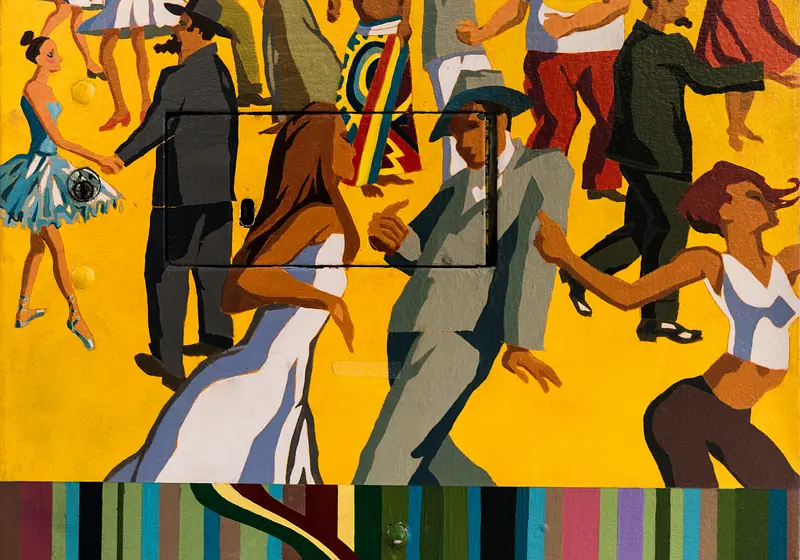For centuries, a growing hatred has arisen of mutations. Freaks of nature. From Mary Shelley’s Frankenstein, a gruesome miscellany of human limbs and monstrous emotions, to modern hybrid offspring of wild creatures, mutants are observed, studied, feared.
Is a TCK any different?
In the chaos and entropy of the 19th century, amidst war and revolutions, the world’s most complex and intricate domino effect had been kickstarted - the cultural diaspora. Decades of international social, political and economic turbulence or prosperity pushed young families away from their homelands, causing them to explore and adapt to alien cultures in faraway lands.
These people would be recognized as the first wave of immigrants, pioneers that braved foreign waters to spread their roots all over the world, the first of many generations to add to the country’s biculturalism. Commemorated and celebrated, they would go down in history, oblivious to the mutation they’ve created.
A cultural, legal and ethnic confusion - a Third Culture Kid.
While the pioneers pioneered, their children most certainly did not have that luxury. Instead, they faced a brand-new battlefield, uncharted and ruthless. While every child’s mind underwent a turbulent inner-war of self-identity and self-confidence during their adolescent years, TCK's mind plummeted into even more turmoil - where did they belong?
Who were they? They weren’t confident in their culture like their parents, nor accepted into society by their peers.
Mutants. Neither this nor that.
But as Jewelle L. Gómez, a brilliant queer author of African and Iowa descent (a TCK herself!) once said - “a home isn’t always the house we live in. It’s also the people we choose to surround ourselves with.” Her words beautifully encompassed the one thing these mutants needed to fully find themselves, to find the place they so desperately yearned to belong to.
The mutants found each other. They found a community that empowered, uplifted and educated, and began to realise their power and potential. Through sharing their unique experiences of estrangement and racism, they began to find that these struggles were common; problems were halved and solutions were devised.
As a TCK myself, I can testify that the places I’ve lived and grown up are scattered over three majestic continents, their culture seeping into my veins, have altered and reconstructed me and millions of other TCKs worldwide.
There is something profoundly freeing in being unable to conform to a singular culture - it has allowed us to comprehend the incomprehensible concept of the diaspora, its convoluted intricacies, its vastness. We have never been able to conform to a singular accent, devote our patriotism to a singular nation, or call a singular country our home, simply because it would not be true if we did.
The customs, ideas, practices and morals we hold within us were born millennia ago in the minds of some of the most legendary philosophers and laureates and tribes and leaders and pandits and saints all over the world - we are a patchwork of all their legacies, the product of what could’ve happened if Plato met Buddha.
There is poetry in the assimilation and collaboration of cultures. Through globalisation and the rise of immigration, more cultural barriers are dissolving and integrating, creating a plethora of diverse, new ideas and beliefs. Children growing up in these new cultures are experiencing a truly interconnected world, a world of collaboration and unity. It has been scientifically proven that TCKs are inclined to pursue international career paths, to continue travelling after their education and thrive in multicultural settings (cities, workplaces, universities, etc.)
TCKs possess a multicultural perspective on the world, reflecting on all aspects of their lives. Our brains are almost hardwired to view the world as one; to love the world as one. So maybe, we are mosaics, not mutants, of the purest form of the human experience - culture.














